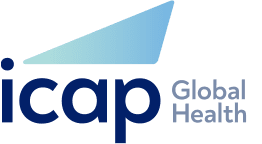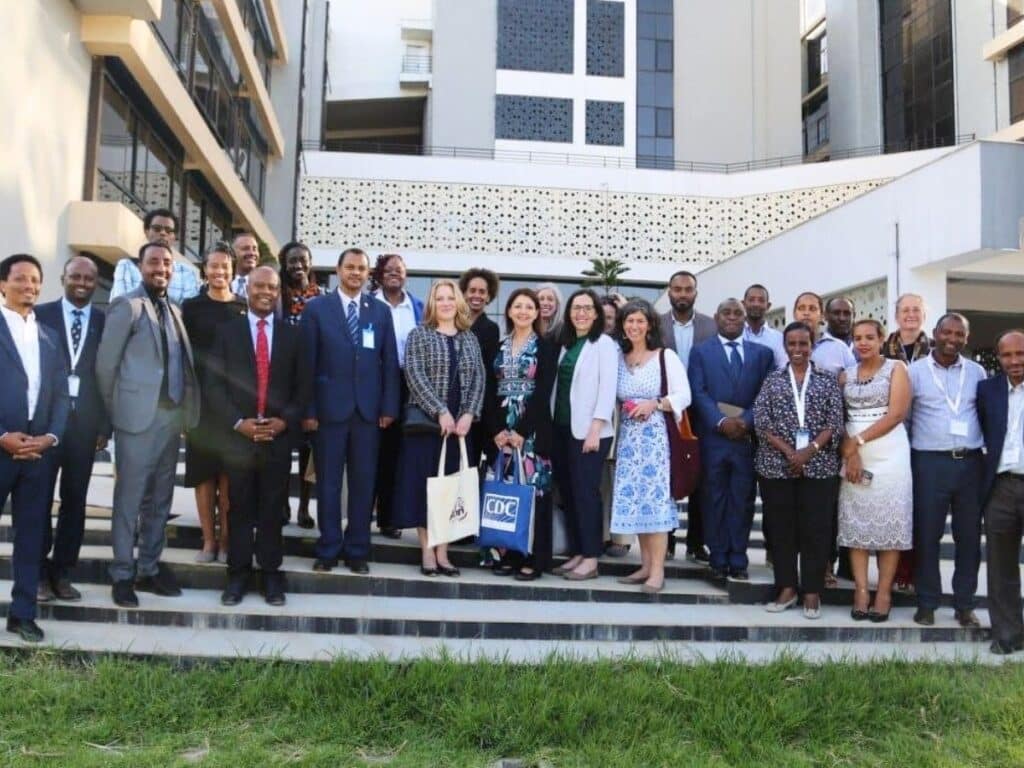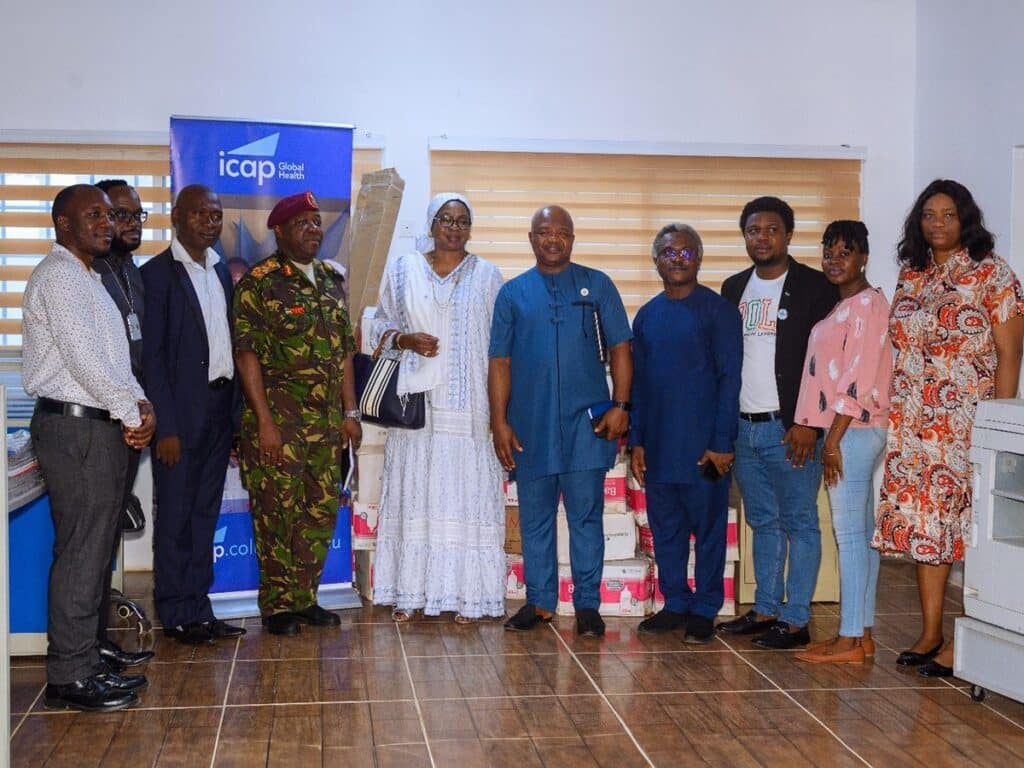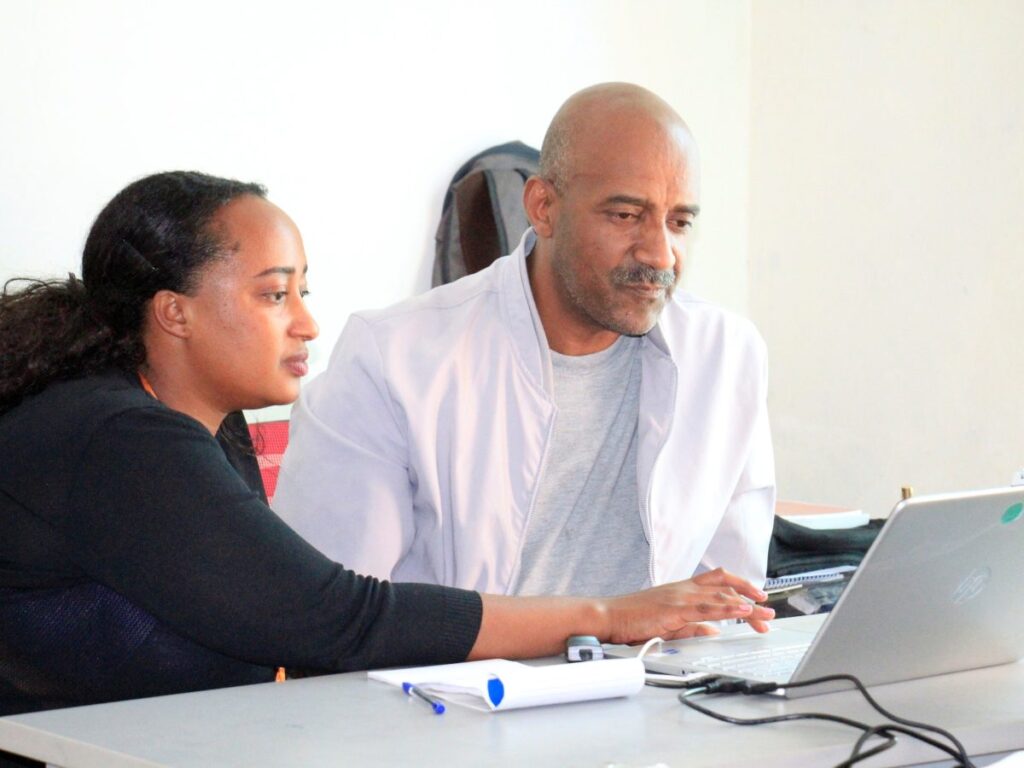Maternal & Child Health
Maternal & Child Health
Every day, an estimated 810 women die from preventable pregnancy- and childbirth-related causes around the world. When a woman dies or becomes disabled from pregnancy or childbirth, the consequences can impact families for decades.
For newborn children in countries with limited resources, HIV presents a severe threat to growing up healthy. Globally, more than 90 percent of infants and young children with HIV contract the virus from their mothers during pregnancy, childbirth, or breastfeeding. While the risk of transmission from mother to child can be as high as 45 percent, with targeted interventions, this risk can be reduced to as little as two percent.
Ensuring the health of women and their infants requires that all women have access to accessible, high-quality antenatal care during pregnancy, skilled care during labor and delivery, and care and support during the postpartum period.
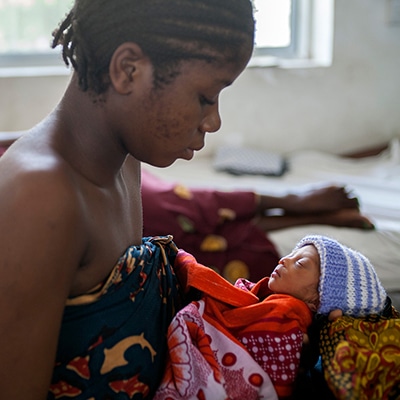
Maternal & Child Health by the Numbers
Of pregnant women in priority countries on ARV
New HIV infections prevented through PMTCT
ICAP’s Focus on Maternal & Child Health
ICAP works with educational institutions and ministries of health and education to ensure that health workers receive the pre-service and in-service training they need to prevent maternal mortality. This includes enhancing curricula, improving the training of preceptors, implementing simulation labs that allow health workers to practice treating common causes of maternal death, and developing continuing professional development modules that build health worker capacity in areas such as infection control and partograph use.
Through individual counseling and support groups, HIV-infected mothers and family members learn about treatment adherence, coping skills, and safer infant feeding practices. ICAP’s uniquely family-centered approach means that supported PMTCT programs also provide testing and follow-up care to HIV-exposed infants and the partners and family members of HIV-infected mothers.
To expand the available evidence base related to maternal and child health, ICAP conducts cutting-edge research that leverages its vast implementation experience. For example, in Eswatini, ICAP collaborated with the Ministry of Health to evaluate the impact of Option B+ on mother-to-child transmission of HIV; and, in Kenya, ICAP partnered with the Ministry of Health to evaluate a lay counselor-led intervention to increase retention among mothers entering PMTCT care.

